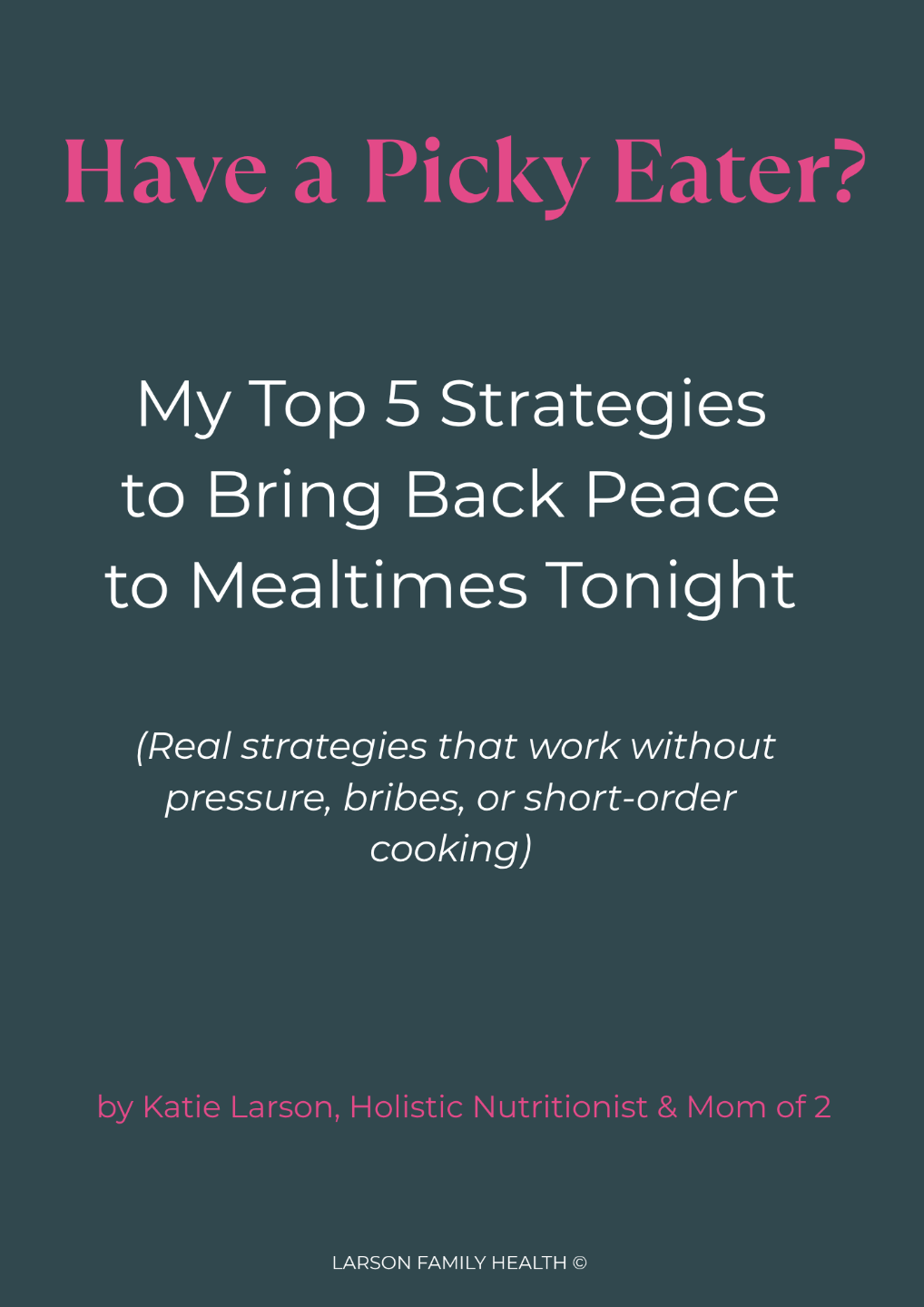
Can What Your Teen Eats Affect Their Mood?
Aug 03, 2025The Surprising New Link Between Food and Feelings
If your teenager has seemed more anxious, moody, or down lately, you’re not alone—and new research suggests it may not just be hormones or screen time. It might actually be...their food.
A growing number of studies now link ultra-processed foods—think chips, energy drinks, packaged snacks, and fast food—to rising rates of anxiety and depression in teens. And when you break down the science, it makes perfect sense. Let’s take a closer look at what’s going on in the teen brain, how diet affects it, and what you can do to help your child feel better—without totally overhauling your pantry.
What Exactly Are Ultra-Processed Foods?
Ultra-processed foods (UPFs) are foods that have been significantly altered from their natural state. They often contain additives, preservatives, artificial sweeteners, colorings, and very little real nutrition. Examples include:
- Flavored yogurts and protein bars
- Packaged muffins and cereals
- Chicken nuggets
- Soda and energy drinks
- Most drive-thru meals
They’re convenient, cheap, and heavily marketed to kids and teens. But they come at a cost.
Why Are Ultra-Processed Foods Harmful to Teen Mental Health?
Here’s what the latest research is finding—and how it connects to mood and behavior:
1. Blood Sugar Swings = Mood Swings
UPFs are usually high in refined carbohydrates and sugar. This leads to spikes and crashes in blood sugar, which affect energy, focus, and mood. That "hangry" feeling isn’t just real—it’s a blood sugar rollercoaster that can worsen anxiety and irritability.
2. Gut-Brain Axis Disruption
Over 90% of serotonin (your feel-good brain chemical) is made in the gut. But UPFs damage the gut lining and alter the microbiome. This weakens communication between the gut and the brain, impacting mood, focus, and even sleep.
3. Nutrient Deficiencies
Teens need B vitamins, magnesium, zinc, iron, and omega-3s for brain development and emotional regulation. UPFs displace these nutrients with empty calories. Over time, deficiencies build up—fueling fatigue, low mood, and anxiety.
What Does the Research Say?
A 2023 study in JAMA Pediatrics found that teens who ate the most ultra-processed foods had higher rates of depression and anxiety symptoms compared to those who ate more whole foods.
Even more compelling? The more UPFs consumed, the more severe the mental health symptoms—showing a clear dose-response relationship.
What Can You Do About It?
Here’s the good news: You don’t need to go full kale-and-quinoa overnight. Small shifts can make a big difference, especially when you involve your teen in the process.
✅ Try These Simple Swaps:
- Instead of: Flavored yogurt → Try: Plain Greek yogurt with berries and a drizzle of honey
- Instead of: Chips → Try: Popcorn with sea salt or roasted chickpeas
- Instead of: Soda or energy drinks → Try: Sparkling water with fruit or magnesium mocktails
- Instead of: Sugary cereal → Try: Overnight oats with chia seeds and nut butter
🧠 Support Brain & Mood Health With:
- Omega-3-rich foods (salmon, walnuts, flaxseed)
- Protein with every meal (stabilizes blood sugar and supports neurotransmitter production)
- Probiotic foods like sauerkraut, kefir, and yogurt
- Supplements if needed (a good quality multivitamin or magnesium glycinate can be a game-changer)
Final Thoughts: Food Is Information for Your Teen’s Brain
Teenagers are under more pressure than ever, and their brains are still developing. Ultra-processed foods add to the stress their bodies already carry—and you may be surprised how much changing their food changes their mood.
If you’re struggling with a picky eater or overwhelmed by how to get started, you’re not alone. Helping teens feel better, think clearly, and thrive isn’t about perfection—it’s about progress.
Want more support with picky eating, mood, or gut health?
Check out our teen and pediatric services or explore our signature adult weight loss program, Reclaim Your Metabolism®—where food becomes medicine for the whole family.
Become part of our newsletter community where you'll find inspiration, motivation, and helpful tips so you and your family can thrive!
We hate SPAM. We will never sell your information, for any reason.

